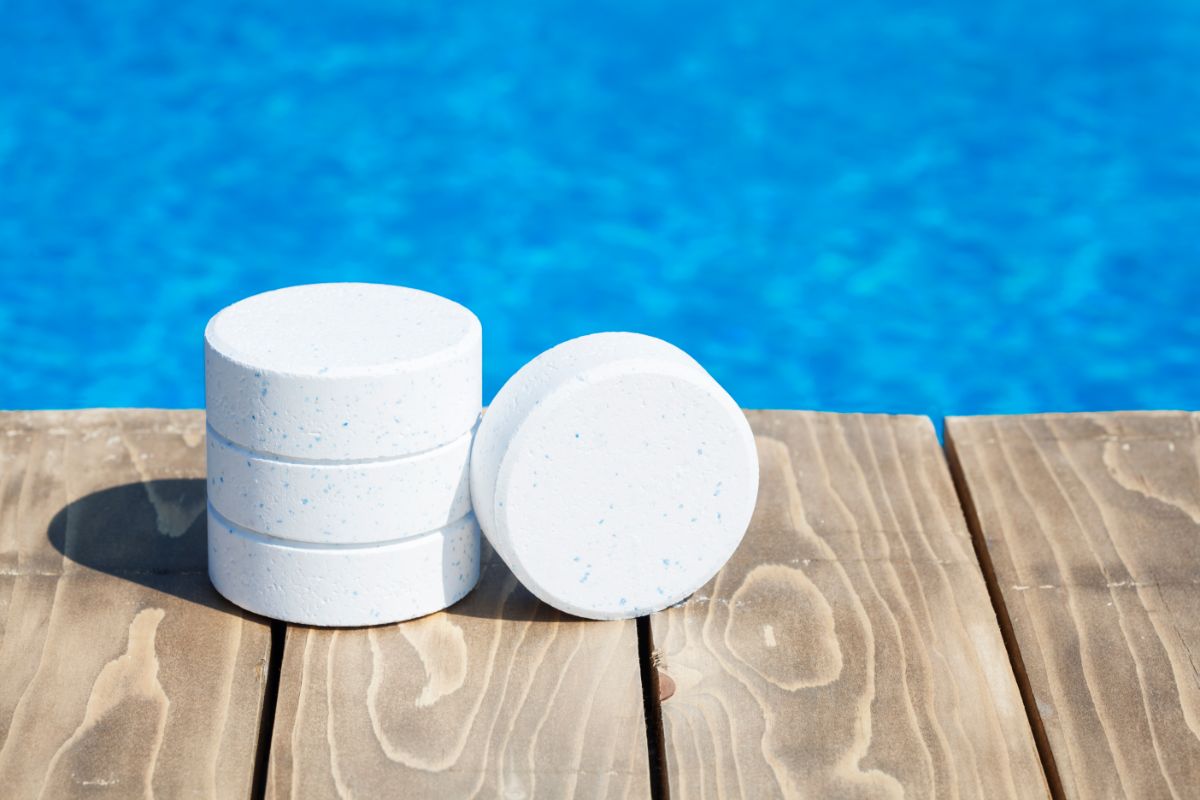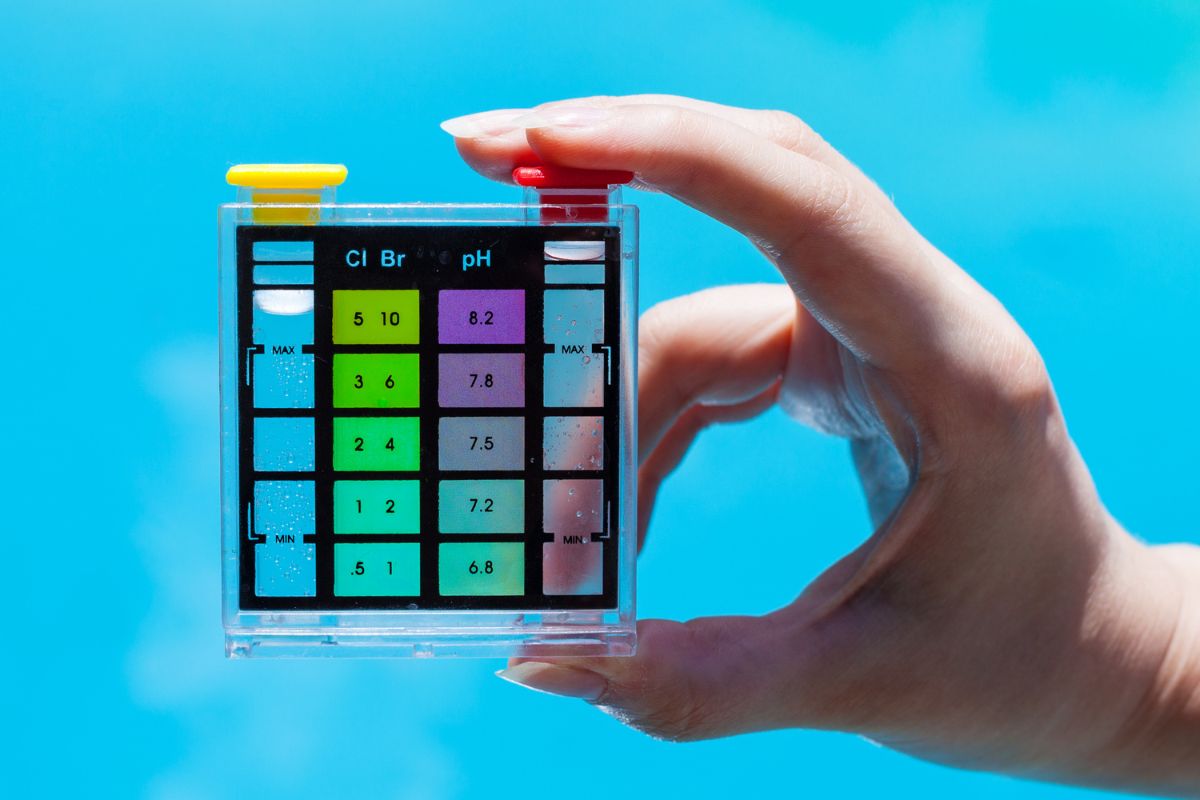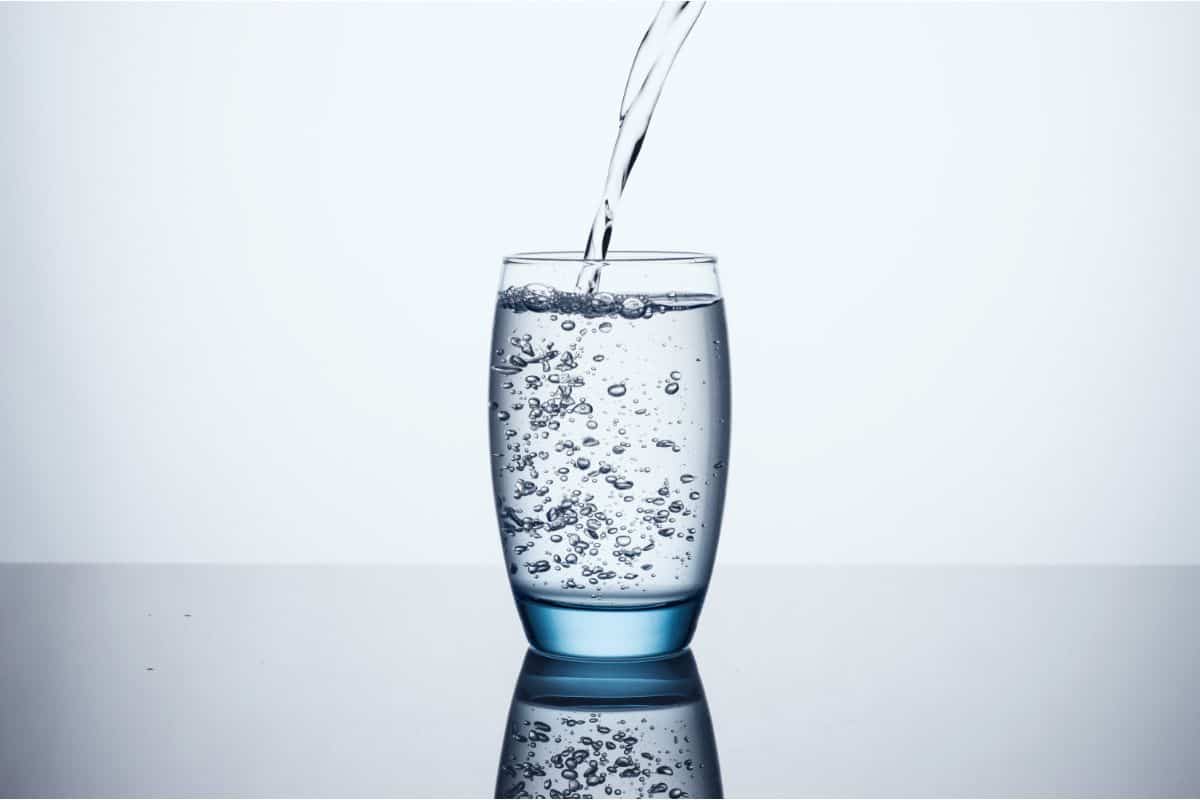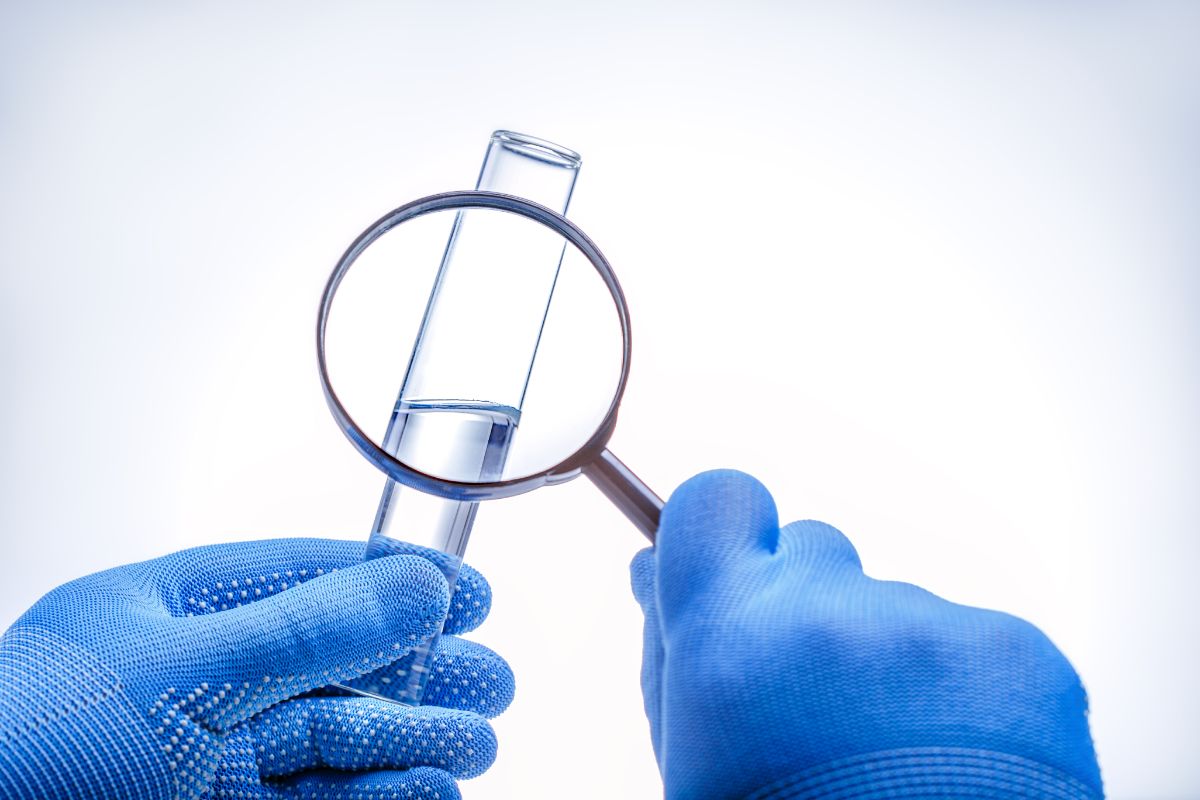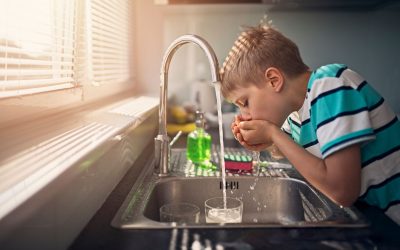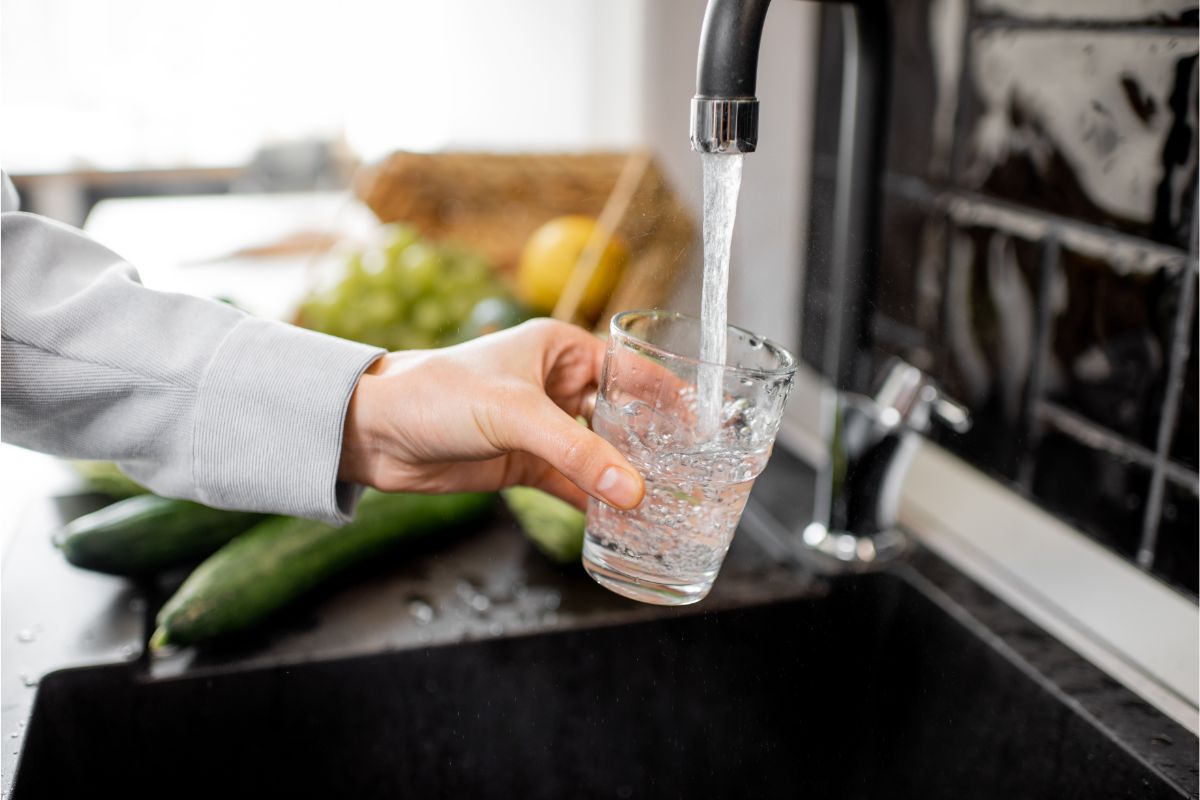If you’ve noticed that your water at home has started to smell like chlorine, you might be wondering what the reasons for this are.
It may not seem like a smell that you would want to be drinking in the first place, and that may have made you worried that it isn’t safe to drink water that smells like chlorine.
We’ve got all the answers you need. In our helpful guide below, you’ll find out why your water might be smelling like chlorine, and whether this is at all safe for your health.
Contents
Why does my water smell like chlorine?
Let’s begin with answering the key question: the reason that your water might smell like chlorine is that there is chlorine in it.
Environmental Protection Agency orders i
The Environmental Protection Agency has made it so that all public water in the USA has to be chlorinated. They did this because chlorine kills bacteria in your water, which would have made your water dangerous to drink because it would affect your health and make you ill.
Pathogens like Cryptosporidium and Legionella are known to be in some water, so chlorine helps to reduce the risk of them. With chlorine, the water is disinfected and safe.
However, if you are noticing an unpleasant, sickly smell in your water then it’s because there is too much bleach in it – which is not good.
Your local government will manually put chlorine into the water supply, but sometimes they might get the amount wrong.
The Environmental Protection Agency states that four milligrams or less of chlorine per liter of water will make it safe, and if there is even just a bit more then you will smell chlorine.
To avoid this, some people will employ filter methods. We will get into those later.
Chlorine can react to organic materials
Another reason for the smell is because of scientific reactions. Bacteria, algae, and fungi naturally grow in water supplies over periods of time.
When they do this, they create a sticky material named biofilm, a complex structure where the cells of those organisms all stick to each other.
When the biofilm is created, the chlorine that’s in the water supply makes a byproduct that has a very strong odor to it.
This may be the smell that you’re smelling. If you want to get rid of it, you usually can by letting your water run for a few minutes from the tap.
Shock Chlorination by the local government
There are some instances where a local government will shock a water system with a form of disinfectant. Sometimes the disinfectant that they use will be bleach (chlorine is an ingredient of bleach). Why do they shock these water systems?
It will often be because an immediate need has emerged, such as a sudden flood creating the contamination in the supply.
To make things safer again, the local government will “shock chlorinate” the water system, sometimes including wells and springs, in order to disinfect it from the threats.
Speaking of wells, you might own a well yourself and this is where you get your water from. If it begins to smell like chlorine, this could be caused by the chlorine filter that you’ve had installed in order to make the water safer and free of pathogens. It’s good to have a filter, so don’t get put off by the smell.
Is Chlorine water dangerous?
Since local governments use chlorine to help make the water supply safer to consume, you may be wondering if the chlorine itself is safe for you to drink. On top of that, public water companies use chlorine to sanitize their waste, so it is commonly used.
Additionally, chlorine is used to make cleaning supplies such as bleach. Bleach should never, ever be drunk. On top of those, it’s used in lots of other things – like making pesticides and solvents. Obviously, these are things that you should never and would never drink. So is chlorine safe to drink?
Well, scientists are still debating and researching whether it is safe to have in your tap water. Some research has even shown that there’s a possible link between water with chlorine and getting some types of cancer. However, it is still put into the water supply.
The reasoning seems to be that the lower levels of chlorine that they put into the water system are unlikely to cause long-term health effects.
In fact, chlorine reacts with water and produces acids. Acids are corrosive and could damage cells inside us. With that being said, it is more dangerous to inhale chlorine in its gas form, which could irritate your airways.
How To Protect Yourself
If you’re smelling chlorine in your water, then it’s likely that there is too much chlorine in it – and that is unsafe. First, you should contact your water company. On top of that, there are other steps you can take, such as boiling your water or getting a filter.
Additionally, you can install a dechlorinator, which removes chlorine. We advise getting a water softener with it. Reverse osmosis is a type of dechlorinator, a filtration system that not only removes the chlorine but also fluoride from your water too.
You can also use UV light to remove the bacteria in your water supply, rather than using chlorine and chemicals. These can work for people who own wells.
However, we must state that using UV light alone will not purify your water, which means that there will still be dangerous things in it. For your health, you will need to use other filter methods alongside the UV light, if you do choose to use it.
Final Thoughts
If in doubt, phone your water company. Chlorine also damages rubber, so check your faucets and showerheads for corrosion.
